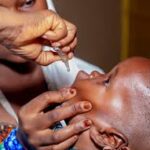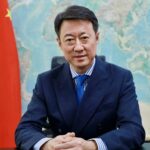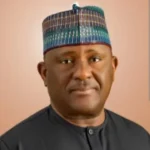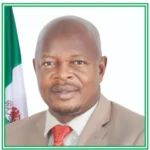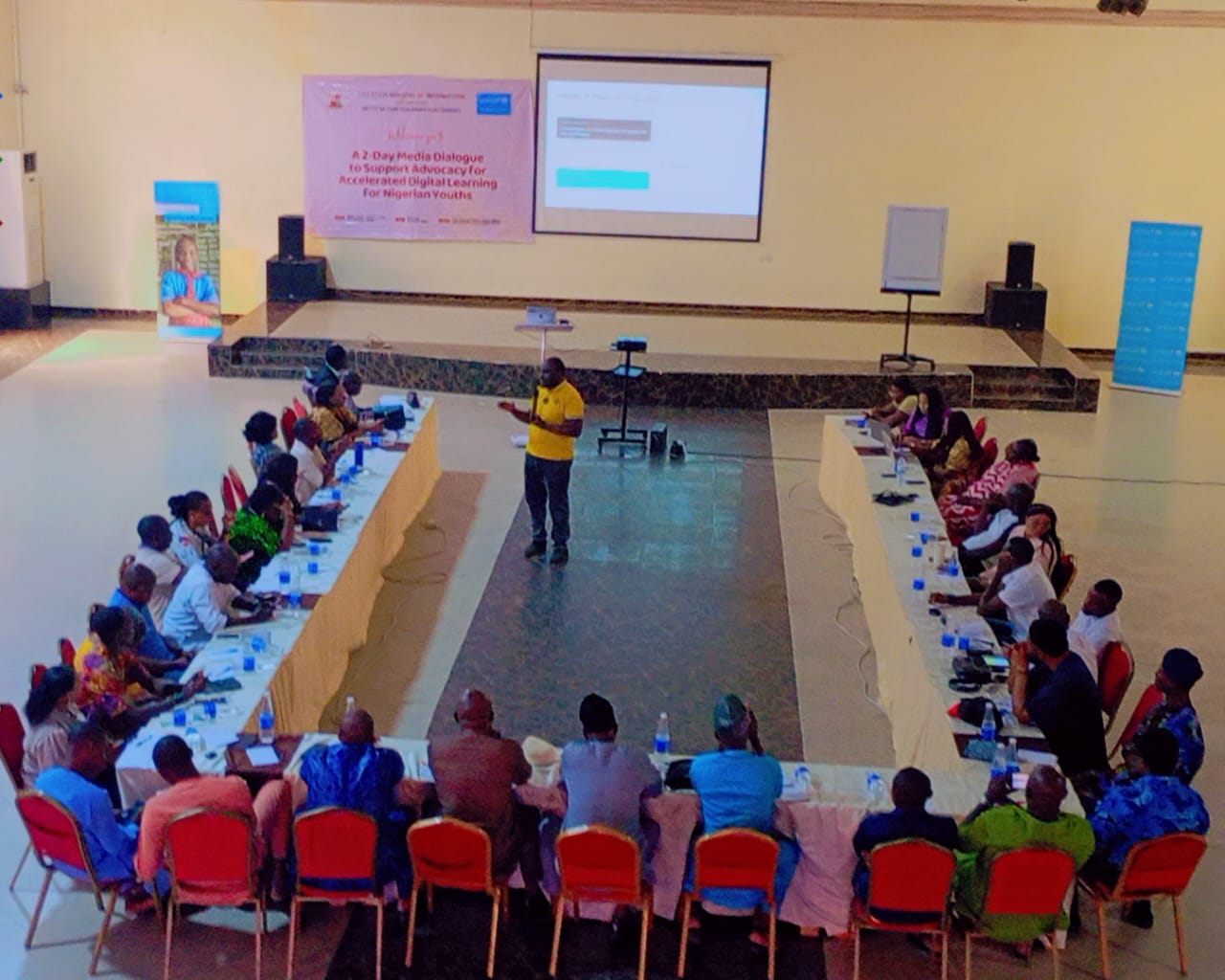By Millicent Ifeanyichukwu
The United Nations Children’s Fund (UNICEF) has called for urgent, large-scale investment in digital skills to prepare Nigeria’s growing youth population for global competitiveness.
UNICEF Education Specialist, Babagana Aminu, said this on Wednesday in Lagos, at a two-day media dialogue on digital learning advocacy organised by the Oyo State Ministry of Information in collaboration with UNICEF.
Aminu said Nigerian youths must develop strong digital competence to compete globally, noting that emerging technologies are reshaping economies and widening development gaps.
He warned that without strong digital skills, Nigerian youth will struggle to compete internationally, stressing that only nations investing in digital readiness will secure meaningful advantages in the future.
Describing Artificial Intelligence as a transformational force, he noted that AI is driving global innovation and revealed that Nigeria now ranks second in Africa for start-ups deploying the technology across various sectors.
“Artificial intelligence is redefining how nations grow and solve problems. Countries investing early will lead the next innovation wave, and Nigeria must position its youth,” he added.
He stated that the digital economy now generates more revenue than the oil sector, noting that global demand for digital expertise continues to rise, with millions of cybersecurity positions still vacant worldwide.
The UNICEF education specialist called for urgent reforms in Nigeria’s digital learning ecosystem, warning that the country is losing young talent due to poor skills development and inadequate digital infrastructure.
He urged the media to pressure government to prioritise digital infrastructure and encourage private sector investment, saying schools must offer adequate digital learning opportunities.
Aminu also expressed concern over youth employability, noting that many graduates lack practical skills, and linking this gap to employer demands and the rising migration of graduates.
“Many technical roles remain unfilled because graduates lack required skills. Government, private sector, educators and parents must work together to strengthen digital learning nationwide,” he said.
Earlier, UNICEF Communication Officer, Blessing Ejiofor, urged journalists to amplify digital inclusion efforts, saying the media can shape perception, influence policy and inspire action.
Representatives from the Lagos State Ministry of Basic and Secondary Education and the Lagos State Universal Basic Education Board attended the event.(NAN)(www.nannews.ng)
Edited by Yetunde Fatungase


